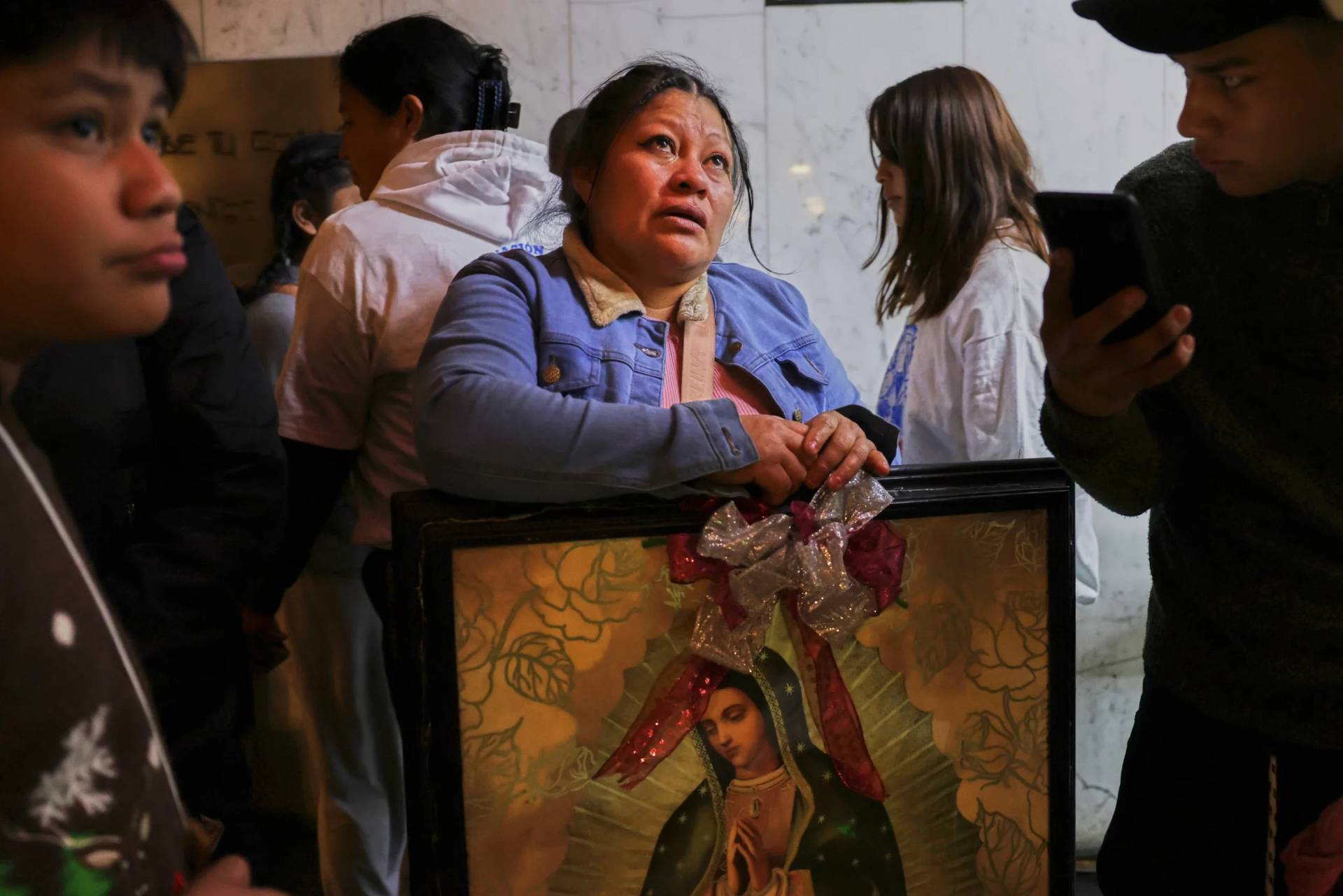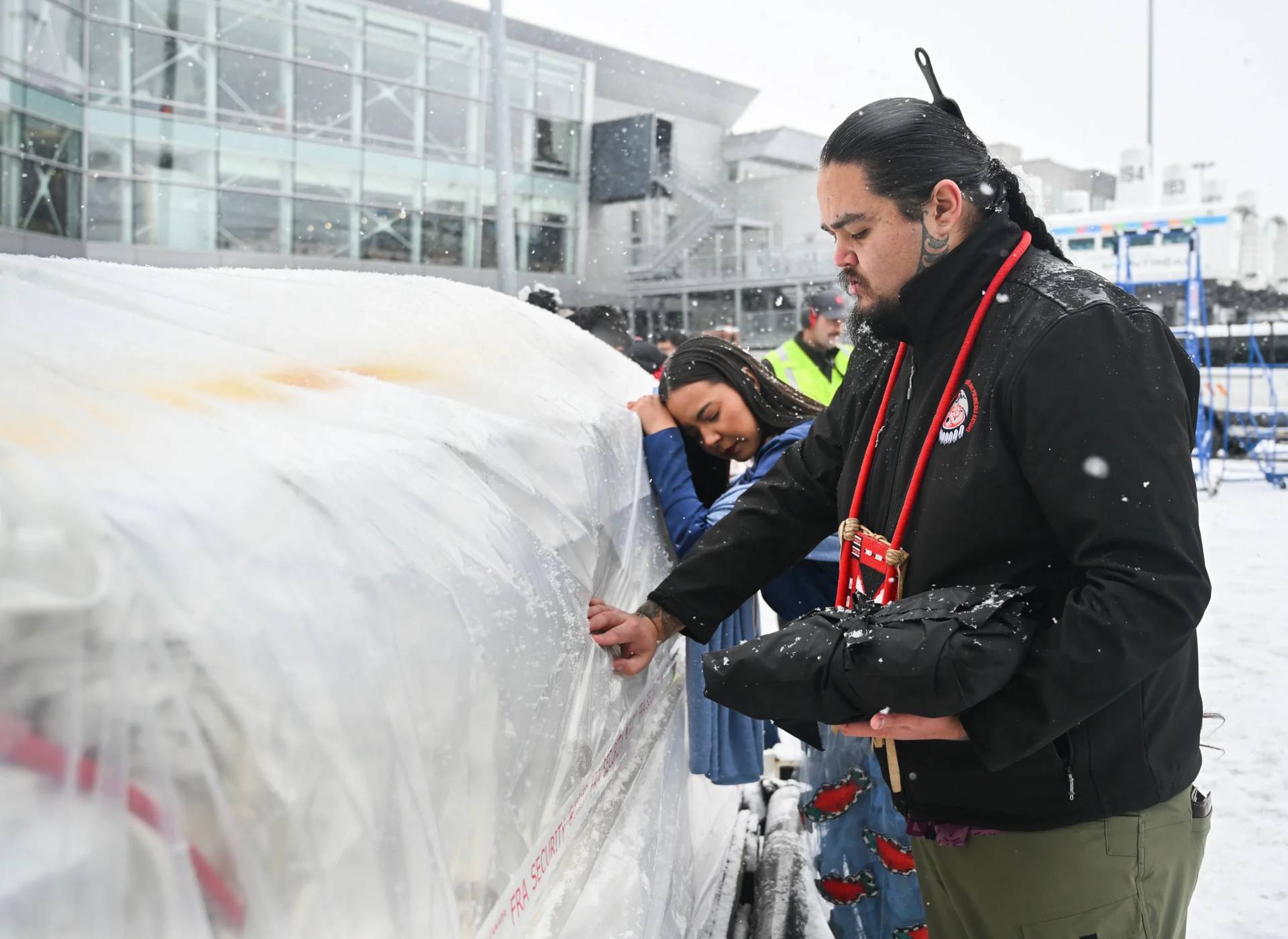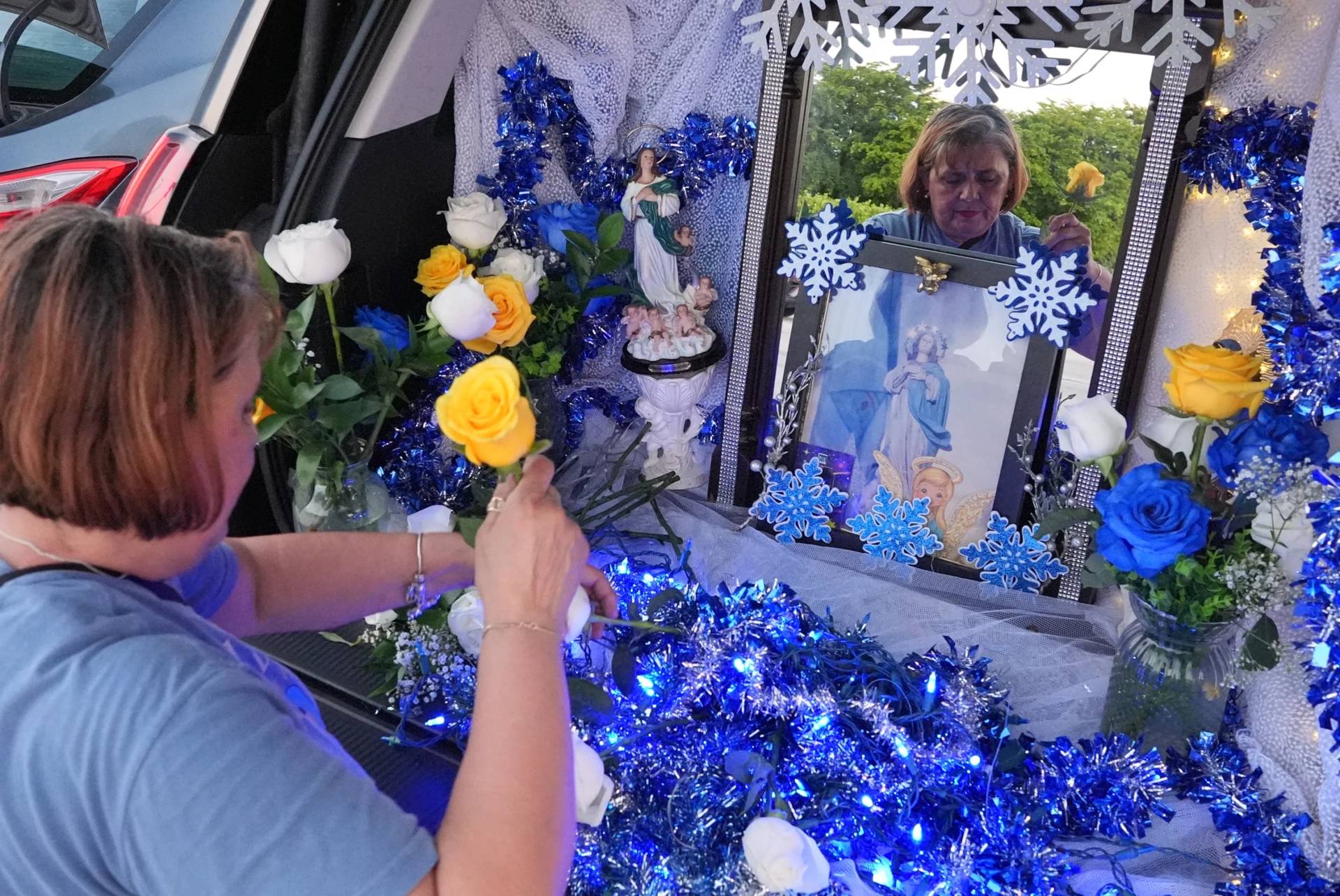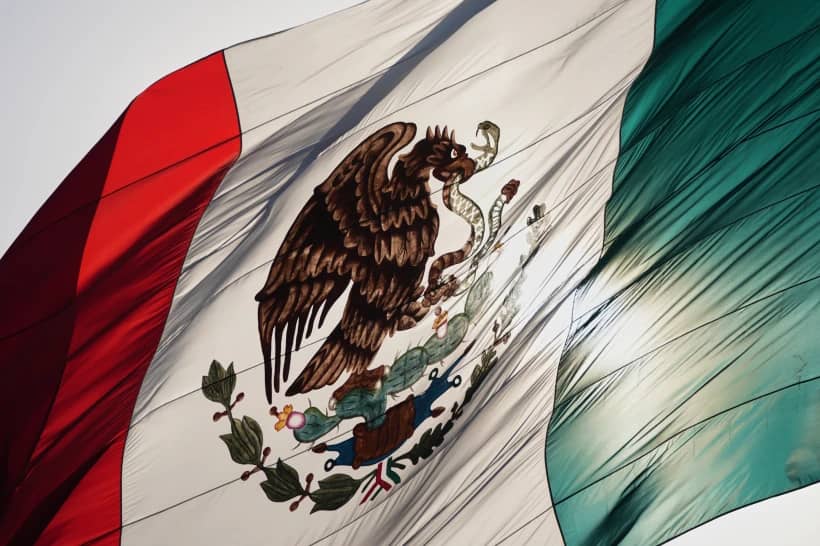ROME – You can take the pope out of Latin America, but, as it turns out, it’s much harder to take the Latin America out of the pope.
Once again over recent days, there have been several noteworthy developments in and around the church in Latin America, at least some which involve history’s first pontiff from the region either directly or indirectly.
A week after being appointed to replace a prelate being investigated by civil prosecutors for allegedly covering up sexual abuse, the apostolic administrator (interim leader) of Santiago, Chile, is in Rome to meet with the pope.
Bishop Celestino Aós, a member of the Capuchin order, will remain in Rome for several days, spending time not just with Francis but several senior Vatican officials.
Meanwhile, the bishops of Nicaragua and Venezuela continue to speak out against their respective national governments, and Pope Francis has sent a personal message to Argentina accompanying a replica of the image of Our Lady of Fatima.
Aós in Rome
Aós was named to the Archdiocese of Santiago March 23 following the resignation of Cardinal Ricardo Ezzati, who’s not only the subject of a civil probe for alleged failures to report suspected abuse, but who’s also been named in a $500,000 lawsuit for allegedly ignoring an allegation of rape in the cathedral of Santiago.
The new apostolic administrator, who’ll govern the archdiocese until Francis names a permanent replacement, arrived in Rome on Tuesday and will stay here until April 11.
He’s expected to meet not only with Pope Francis but with several Vatican officials, including some at the Congregation of the Doctrine of the Faith (CDF) Among other things, it deals with cases of clerical sexual abuse against minors under Church law.
Speaking with journalists before leaving Chile and again upon his arrival in Rome, Aós said that he has the intention of addressing “particular events” that have transpired recently in the local church.
He also spoke about a meeting with Chilean prosecutors that he had on Monday, before heading to Rome. He said he hopes to “speak with the Holy Father about the issue of the abuses, the victims, but I’m not travelling expressly to ask him to hand over the Scicluna report.”
The “Scicluna Report” refers to a document produced last year by Archbishop Charles Scicluna of Malta and Spanish Father Jordi Bertomeu, an official in the CDF. Their conclusions on the situation in Chile, which ran to over 2,500 pages, are the result of an investigation Francis requested last year.
At the request of a Chilean prosecutor, the CDF sent some 200 pages of that report, almost exclusively focused on the case of former priest Cristian Pretch, who was removed from the priesthood last year by Francis. He had originally been suspended by Ezzati for five years, reinstated in 2017, but when new allegations arose he was again suspended until the Vatican decided to defrock him.
Among other things, the complete report is believed to contain evidence of cover-ups, previously unknown allegations of abuse against priests and bishops, and other sensitive information that led to the resignation of the entire Chilean bishops’ conference after they met with the pope in May 2018.
Aós said there’s “reserved” information in the report, a church word for “confidential,” and that he believes the Vatican will hand over the information that can be made public. At the same time, he argued that since the report also contains the testimony of victims and survivors who requested confidentiality, and to violate their privacy would be to “re-victimize them.”
“I will insist in Rome and wherever is necessary” that different actors [should] work together so that “the truth is known, so that there’s justice, and also so that from justice, mercy and truth, we continue to move forward,” Aós said, so that the pain of survivors can be “somehow lessened.”
Aos also said the pope is not a “general manager, he’s not the president of a corporation, he’s the successor of Peter and the elder brother, who has as a mission to give us orientation.”
National prosecutor Jorge Abbott also spoke with the media after Monday’s meeting with Aós, saying the bishop was forthcoming and open to helping, and that during the meeting, they had spoken about the importance of having the entire Scicluna report.
Argentina, a message from the pope and a new toll-free pro-life phone
Though he still won’t even announce plans to visit his home country, Pope Francis recently sent a video to Argentina, urging his fellow Argentines to welcome an image of the Virgin of Fatima, which left from Portugal to arrive in Buenos Aires on pilgrimage April 2.
Under the motto of “Time of grace and mercy: give thanks for pilgrimage in the Church,” the image will travel across Argentina during the next year as an initiative of a coalition of lay groups united in faith in Mary.
“Welcome her well, have a celebration, as she’s the Mother,” Francis says in the video released by local bishops.
“You will receive the Virgin of Fatima,” the pope continues. “She’s coming to visit you, she’s coming to tell you that she loves you, that she takes care of you. Welcome her with love because she’s not coming alone, she brings a gift. Her entire life was to give something, to allow for something: she brings Jesus.”
As every mother, Francis says in the video, the Virgin “puts people together, fixes, comes into the lives of each one of us to bring us Jesus.”
In vintage Francis style, he closes the video asking Argentines to pray to the Virgin for him.
The image that will be moving across the country until 2020 is one of 13 replicas of the original in Fatima, Portugal, which are constantly travelling around the world. Even though the Marian shrine in the European country is one of the most visited holy sites in the world, the idea is that most Catholics don’t have the opportunity to make the trip.
There were no mentions from the pope about a possible visit to Argentina. However, during his flight to Morocco on March 30 Crux asked the pontiff if he’s planning to go and he said, “We’ll see if I can be there soon.”
Rumors about the possibility of the pontiff going home reignite every so often, but so far there are no such plans – not even from the pope himself, who’s often announced his intention to make a trip long before the Vatican confirmed it.
Also in Argentina, as of April 1st a coalition of 200 pro-life Catholic and Evangelical organizations launched a toll-free phone for women facing unexpected or unplanned pregnancies to provide support information.
The government of President Mauricio Macri had committed to help finance the project, but after the initiative was announced government officials requested that information on how to get a “free, legal and safe abortion” in cases of rape and when the life of the mother is at risk be provided too.
The “Red Pro-Vida” group behind the initiative released a statement saying they will “win the battle for life by fighting against the throw-away culture they want to impose, by offering dignified alternatives for women in situations of vulnerability.”
In Venezuela and Nicaragua, the Church still at the center
With dialogue efforts between the government of Nicaraguan President Daniel Ortega and the opposition once again at an impasse, and amid violent repression by the government of seemingly peaceful protests, opposition leaders are asking the Organization of American States (OAS) and the Vatican to “reevaluate with urgency the situation in our country and to act promptly.”
The coalition spoke directly to the OAS and the Vatican, officials said, because representatives of both are “witnesses” in the negotiations, trying to find a peaceful way out of the crisis the country has been in since April 2018.
That dialogue had allegedly reached a temporary agreement, which included the government respecting constitutional protections of people’s right to rally. However, when Nicaraguans took to the streets Saturday, protesters were violently suppressed.
Several bishops spoke up after Saturday’s violence, including Cardinal Leopoldo Brenes, of Managua. In his Sunday homily, Brenes said he’s “very sad that among us, Nicaraguans, continue to face confrontation and situations of violence, with many wounded and others imprisoned.”
He urged the population, particularly Catholics, to pray that acts of violence and confrontation may disappear from “our culture, especially in this time of Lent, as it’s a time of reconciliation, it’s a time to be able to look at one another in the eyes and avoid all tensions.”
Not far from Nicaragua, in Venezuela, the bishops too continue to speak up not only against violence but also continuing power shortages in the world’s tenth-largest oil producer, following at least two decades of minimal investments in the country’s power grid.
According to a recent study by polling firm ENCOVI on life conditions, 86 percent of Venezuelans live under the poverty line, though some argue the real number is even higher.
The government of Nicolas Maduro, supported by Russia, China and Cuba, is holding on to power, despite deterioration in a country where a private lawyer averages $20 a month, and the minimum wage is pegged at $5.
An estimated three million people have fled the country in recent years, and as many as one million are expected to do so before 2019 is over. Patients in public hospitals today are asked to bring their own medicines, even for chemotherapy, and it wasn’t until late February that Maduro allowed for aid from Russia to enter the country.
On Tuesday, the Catholic bishops’ conference released a statement saying it’s
“serious, illegal and irresponsible” for the government to call upon pro-Maduro militias, known as colectivos Chavistas, to repress people who “legitimately demand their human rights.”
They bishops also denounced lack of electricity and access to drinkable water, which they said is coarsening a sanitary situation that was already “catastrophic.”
As they’ve done before, the bishops called on the armed forces to act “according to their consciences” and to defend the people, reminding officers that they’re “at the service of the people and not of one person or a political party.”
“Human rights are disrespected in various ways and at times, crimes against humanity are committed,” the bishops said in the statement, signed by the leadership of the conference.
“Regrettably, this has been happening in our nation under the complacent look of the authorities,” they said, before also accusing the government of perpetrating genocide against the Pemon people (an indigenous group living in parts of Venezuela, Brazil and Guyana.)














